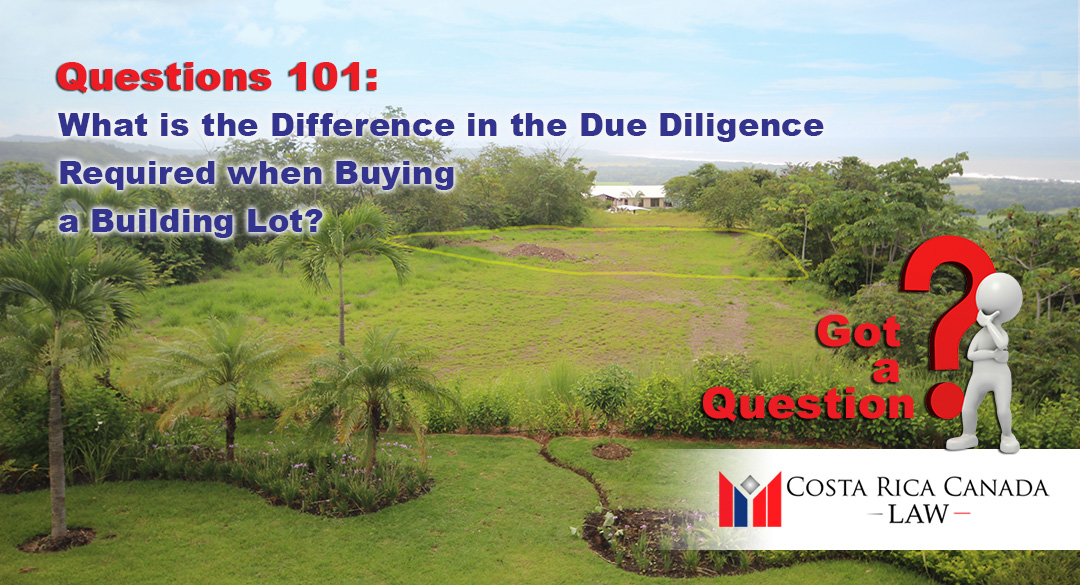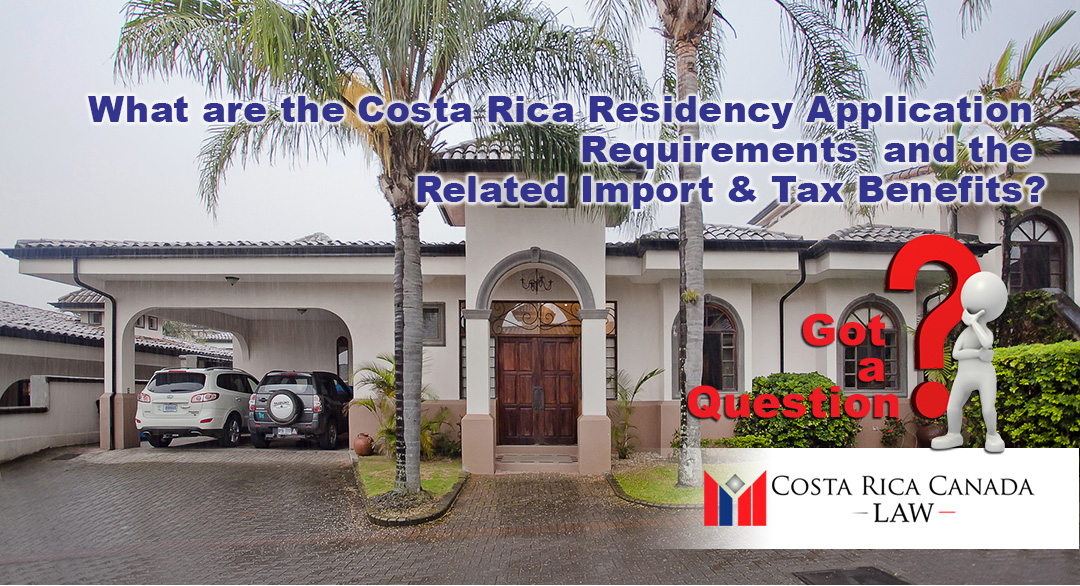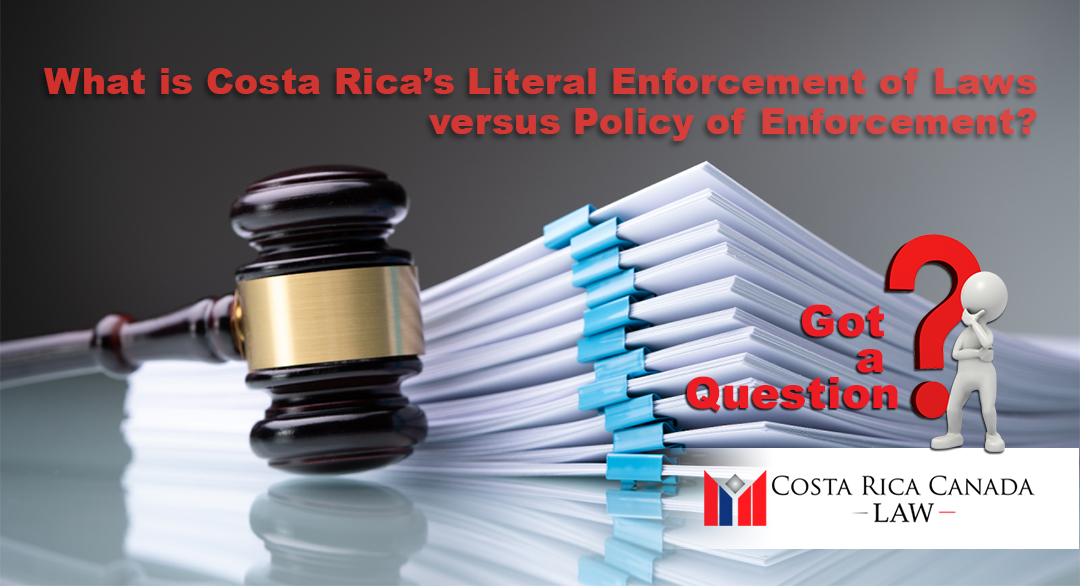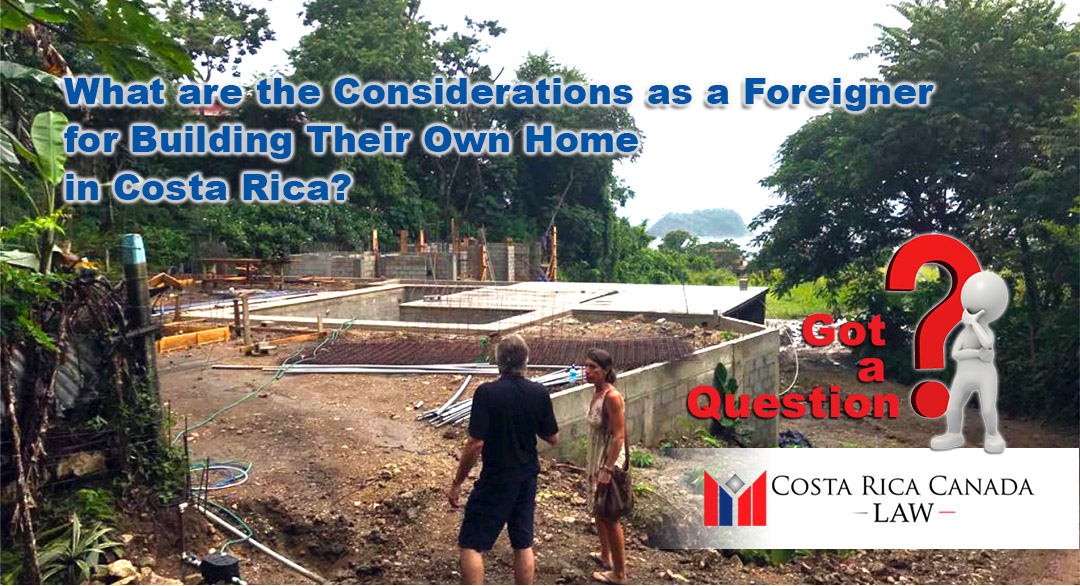What is the Difference in the Due Diligence Required when Buying a Building Lot?
When you purchase a completed home, issues such as the correct zoning, the availability of utilities, and access, are most likely not to be in issue. Your main concerns will be to obtain a reliable Home Inspection to determine the soundness of the existing structure and a lot boundary survey to ensure that there are no encroachment issues. However, when buying a building lot for residential construction, more inquiries must be made. The following due diligence items are some of the considerations that you should have.
Zoning
One of the most important inquiries to be made for a building lot is the applicable zoning which the Municipality has stipulated for the property. During the lot purchase due diligence period, a Seller will be asked to provide a Municipal Land Use Permit (Uso de Suelo), indicating the type of construction permitted on the lot and any restrictions on building, such as a limitation on structure height and the size of the construction footprint.
Water Letter
Another important consideration during the due diligence period, is to require the Seller to provide a letter from the applicable Water Authority charged with providing potable water to the building lot. This Water Authority letter is an integral part of being granted a Building Permit by the Municipality.
Access and Easements
A building lot may have a frontage facing a public road. This may be determined from the Extract of the registered Property Title obtained from the National Registry. The Property Title will indicate the neighbouring properties on each side of a building lot, including noting a public road frontage. If a public road frontage exists, the lot access is guaranteed. However, if such is not the case, it may be necessary to obtain a private easement to provide the access that you require. The use of this private easement for access to the property must be specifically annotated on the Property Title, in order to legally provide the private easement access use. Likewise, easements for the utilities such as water and electricity may have to be obtained and annotated on the Property Title.
Flooding Issues
The investigation of potential flooding problems is a major consideration when building in Costa Rica. Costa Rica is a tropical country, with heavy downpours of rain, which primarily occur in the Wet Season. A gently babbling brook or dry water course in the Dry Season, can quickly turn into a raging river in the Wet Season, quite often flooding properties close to the water course. For additional details, please see the article at the following link: http://costaricacanadalaw.com/2022/06/20/should-flooding-be-a-consideration-when-purchasing-property-in-costa-rica/
Subdivision Issues
When buying a lot which must be subdivided from a Mother Property, it would be important to investigate with the Municipality as to any dedication of a portion of the property to the Municipality for public space, such as green zones, which may be a requirement in the subdivision process. The requirement will vary with the location of the lot and any existing zoning requirements that already apply.
Building Plans
In order to obtain a Municipal Building Permit, you will be required to submit Building Plans to the applicable Municipality, which have been certified by a Costa Rica Architect, whose is a Member of the Costa Rica College of Engineers and Architects. A Water Letter issued by the applicable Water Authority will also be required. A Soil Stability Engineering Report may be required, especially for steep sloped properties. Although the Application process for the Building Permit is formal, normally, little, if any, follow-up inspection of the building process will be done by the Municipality.
The Presence of Fresh Water Sources
A specific due diligence challenge arises when formulating Building Plans on vacant land, and in particular, larger parcels of vacant land located in more rural parts of the Country. This challenge includes the determination of the presence of any fresh water sources in the form of springs (nacientes), lakes, or rivers, located on or adjacent to the property, where development may be limited, or prohibited.
The Registered Survey Plan for the property may contain a notation, stating that the property is affected by the Forestry Law #7575, Article 33 (Ley Forestal 7575 Art. 33). This Law provides for the environmental protection areas required to be adhered to for developing properties where rivers, lakes, or spring sources are located on or adjacent to the property under consideration for development. If such fresh water sources exist on, or adjacent to the property to be developed, there are significant set-back areas from these fresh water sources, where development is prohibited. For additional details, please see the article at the following link: http://costaricacanadalaw.com/2022/06/29/how-does-the-presence-of-a-fresh-water-source-affect-the-development-of-a-property/
My Opinion
A Purchaser considering the purchase of a building lot, is well advised to employ the services of a Costa Rica Architect or Engineer and a Land Surveyor early in the due diligence process, to advise on the feasibility of being able to construct what they have envisioned for the property. Municipal Regulations respecting the development of properties vary significantly throughout Costa Rica and the due diligence requirements must be addressed in the context of any specific property under consideration.






